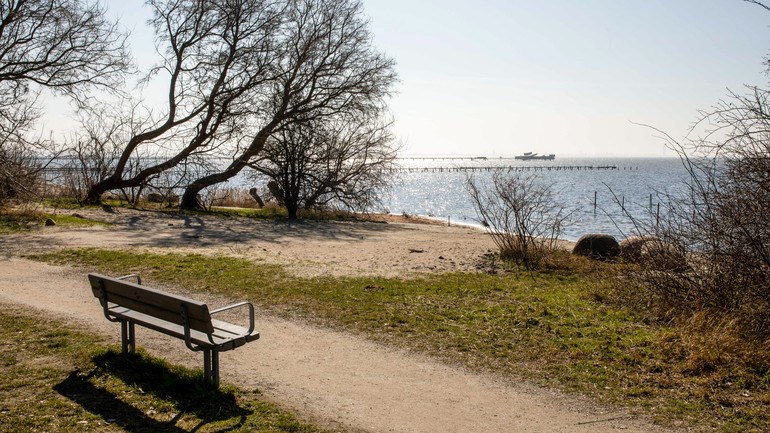The physical journey of a refugee is only the start of the struggle

What do young people fleeing their homelands remember about their escape? Often it is the case that the sometimes-perilous journey is only just the beginning, with the mental impact continuing for long after their arrival.
... the escape is described as a struggle that continued for several years after they arrived.
Emma Hall
In her thesis, the historian Emma Hall has interviewed twelve young people with experiences of fleeing their homelands. They all fled to Sweden between 2009 and 2015 and were then categorised as unaccompanied minors. What they have in common is the flight from their respective homes which were followed by a long and difficult journey through Europe – all during a formative time in their lives.
“What surprised me was what the actual physical movement between different countries meant. While the flight is described as a turning point, there are also descriptions characterised by continuity, this means, for example, that the escape is described as a struggle that continued for several years after they arrived – the journey began long before the physical movement and the arrival was not experienced as the end.”
Several of the young people involved in the thesis say that it is important for people to know that they have fled and, especially, how. Some have written down their experiences while their memories are still fresh. In this way, the memories become a testimony both for the outside world and for the person themselves. Hall has also tried to highlight the memory work that does not result in stories.
“There is also memory work that comes suddenly as the past becomes present and tangible. These can be sudden recollections, the taste of a certain dish provides a direct memory image that is not linked to a story. It can provide purely physical reminders.”
When recollecting, young people often link their own life and biography to lives lived long before their own, such as a grandfather's story. Political developments in the country and historical events are also woven in as part of the escape. Not least at the global level, where, for example, global power relations and events such as the US 'war on terror' are highlighted.
“However, not everything is negative memories. There were factors that made them leave, for example war, but memories are also games and pranks, a grandmother you liked a lot, what Damascus looked like when there was a party. It is important that those memories remain when talking about escape,” says Hall.
Text: Marc Malmqvist
Find out more
Between movement and stillness. Memory and flight in young people's storytelling 2009–2021 is a thesis based on the theoretical and methodological perspective of oral history.